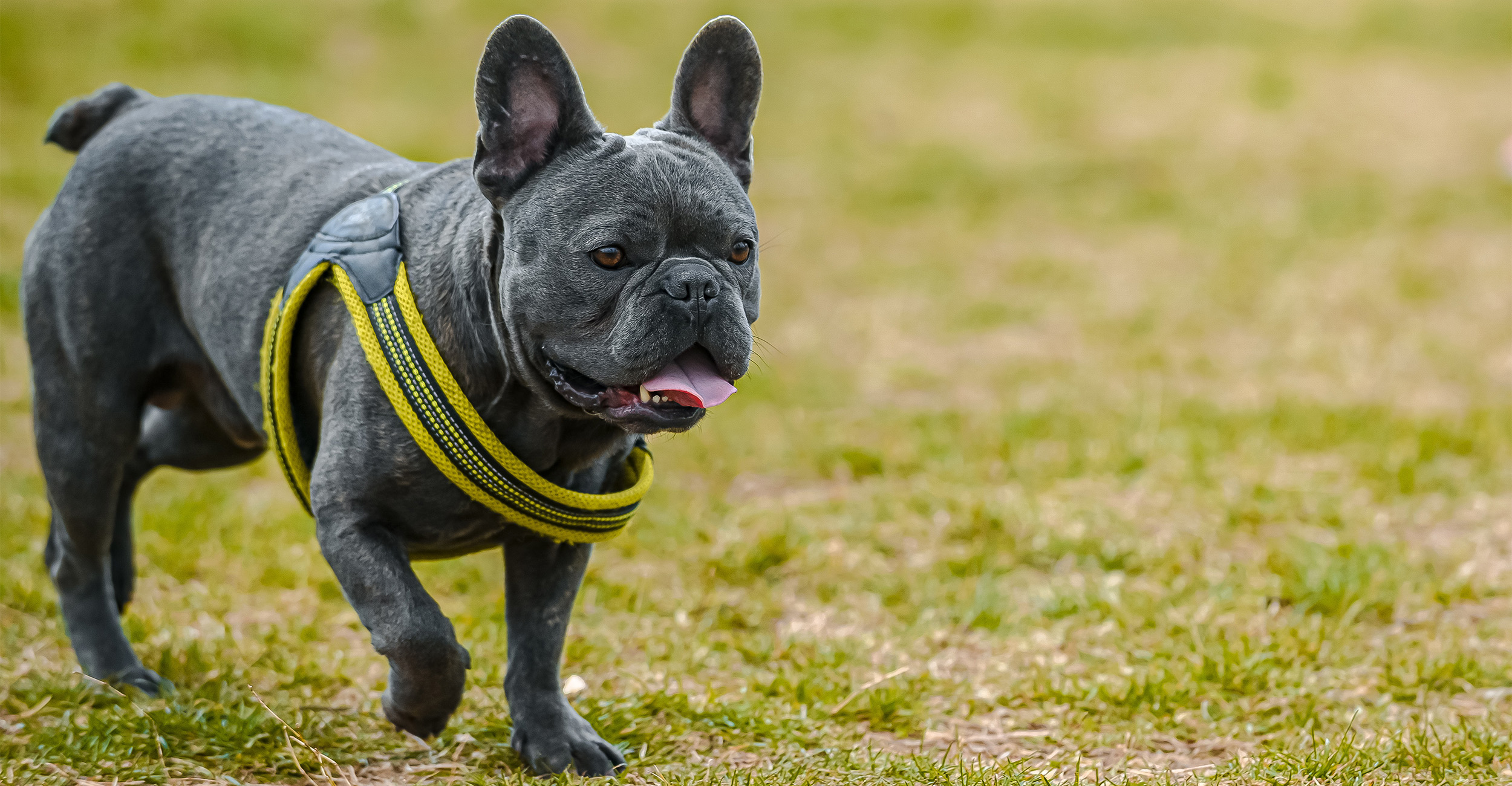
Leptospirosis vaccine becomes core vaccine for dogs
Thursday, December 19, 2024
Media Contact: Kinsey Reed | Communications Specialist | 405-744-6740 | kinsey.reed@okstate.edu
How many of you have sat in your veterinarian’s exam room with a list of recommended vaccines and wondered, “Does my pet really need this?”
You want the best for your furry family, but balancing decisions for our pets with other family needs and constraints can be challenging. I am here to help you understand why we recommend what we do.
As veterinarians, we use disease trends to determine whether a vaccine should be considered core (always recommended) or non-core (recommended based on lifestyle and risk) for our pets.
Core vaccines are always safe to administer with a very low risk of any adverse effects. They would not be recommended as core if they carried substantial risks. Additionally, they protect our pets from diseases that are either very common, highly infectious, potentially deadly, a significant risk to people, or all the above.
This year, the American College of Veterinary Internal Medicine (ACVIM), the World Small Animal Veterinary Association (WSAVA), and the American Animal Hospital Association (AAHA) communicated a historic consensus that the leptospirosis vaccine should be considered a core vaccine for all dogs. Why this change? Leptospirosis is a devastating disease that can result in kidney failure and death in dogs.
This bacterium is spread through the urine of other infected animals, including rodents and wildlife. While we used to think outdoor hunting dogs in wet areas were the only ones at high risk, improved testing and environmental changes now support a substantial increase in cases regardless of setting or environment. Indoor dogs in urban areas and dry climates have substantial risk, as do outdoor dogs in rural or wetter climates. Unfortunately, leptospirosis is also an important zoonotic disease, meaning that it can spread to people with devastating effects as well.
Thankfully, this now core vaccine is safe and very effective at preventing the disease. The vaccine must be administered annually to maintain the strong protective immunity needed to prevent leptospirosis. Do you still have concerns? Please reach out to your local veterinarian and start a conversation. As always, annual preventive care is important to our pet’s well-being and longevity. Give your pets the gift of preventive care this holiday season!
About the author: Dr. Jennifer Rudd is the interim associate dean for academic and student affairs and assistant professor in veterinary pathobiology.
Veterinary Viewpoints is provided by the faculty of the OSU Veterinary Medical Teaching Hospital. Certified by the American Animal Hospital Association, the hospital is open to the public providing routine and specialized care for all species, as well as emergency care. Call 405-744-7000 for an appointment or see more information at vetmed.okstate.edu.
